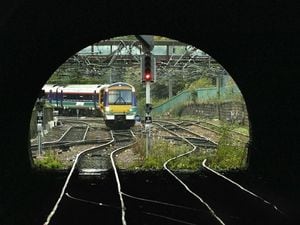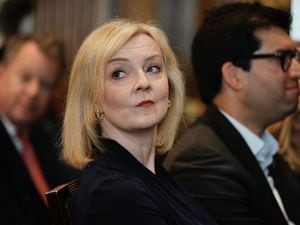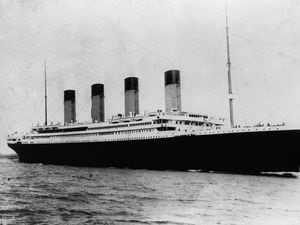Shropshire Star comment: So-called golden age of rail
The UK might be one of the richest and most developed nations in the world, but the health of UK PLC has seldom been poorer.

While the nation once owned its utilities, running nationalised services for power, rail, post and the like, few assets are now under state control.
Privatisation was one of the key tenets of Margaret Thatcher’s years in power and while politicians might argue about the merits of that, the public has less interest. Labour’s ideology to renationalise services has been roundly rejected in the recent general election. The Conservatives’ drive to sell off the state silver has also been criticised for putting profit before service.
A happy medium exists and there have been well-run services, such as the railways operation formerly led by Virgin Railways. Virgin and its customers were dismayed when it lost its franchise, having operated it successfully. It was one of few operators to have a relatively clean bill of health.
The future of our railways is uncertain. New figures show the proportion of UK train services under foreign ownership has more than doubled during the past decade as overseas investors have moved in. While this makes operators less accountable, many members of the public simply don’t care about who owns the railways – and other utility and logistics outfits. All that they want is a good service. Ideology counts for nothing if your train is late and you can’t get to work.
There are those who refer to a golden era under British Rail when services were meant to be much better. Such allusions are poppycock. Trains were frequently late, services were frequently poor, unions were able to cripple timetables and poor service was the norm.
Problems remain. It is too difficult to buy tickets, prices charged are not transparent and the introduction of new timetables is inevitably met with delays, while complaints are hard to make and companies seem to lack engagement and transparency. We need more responsibility and more investment made.
But the golden age to which some refer simply didn’t exist.
+++
It’s time for a reality check. Many will have eaten too much and exercised too little during an enjoyable festive period. As their thoughts turn to work, school or retirement, they’ll notice a tug on their waistline that wasn’t there in December.
And they’ll make the decision to take action by seeking to lose a little weight through an abstemious January.
Local gyms will be as busy as Santa in a grotto as people sign up for memberships that few will keep. Others will be fooled into trying faddy diets that will provide them with unsatisfying results.
There really is a simple message here; moderation is key.
Those who want to lose weight need to ingest a few fewer calories than they burn. Those who want to improve their body shape need to do more exercise. Since time immemorial, the same has been true: eat a little less and exercise a little more.
People should also be realistic about their targets. Losing 1kg is the equivalent of 7,700 calories. So if a person eats a quarter less than their recommended daily allowance it will take just over two weeks to lose.
Have a happy – and healthy – 2020.





